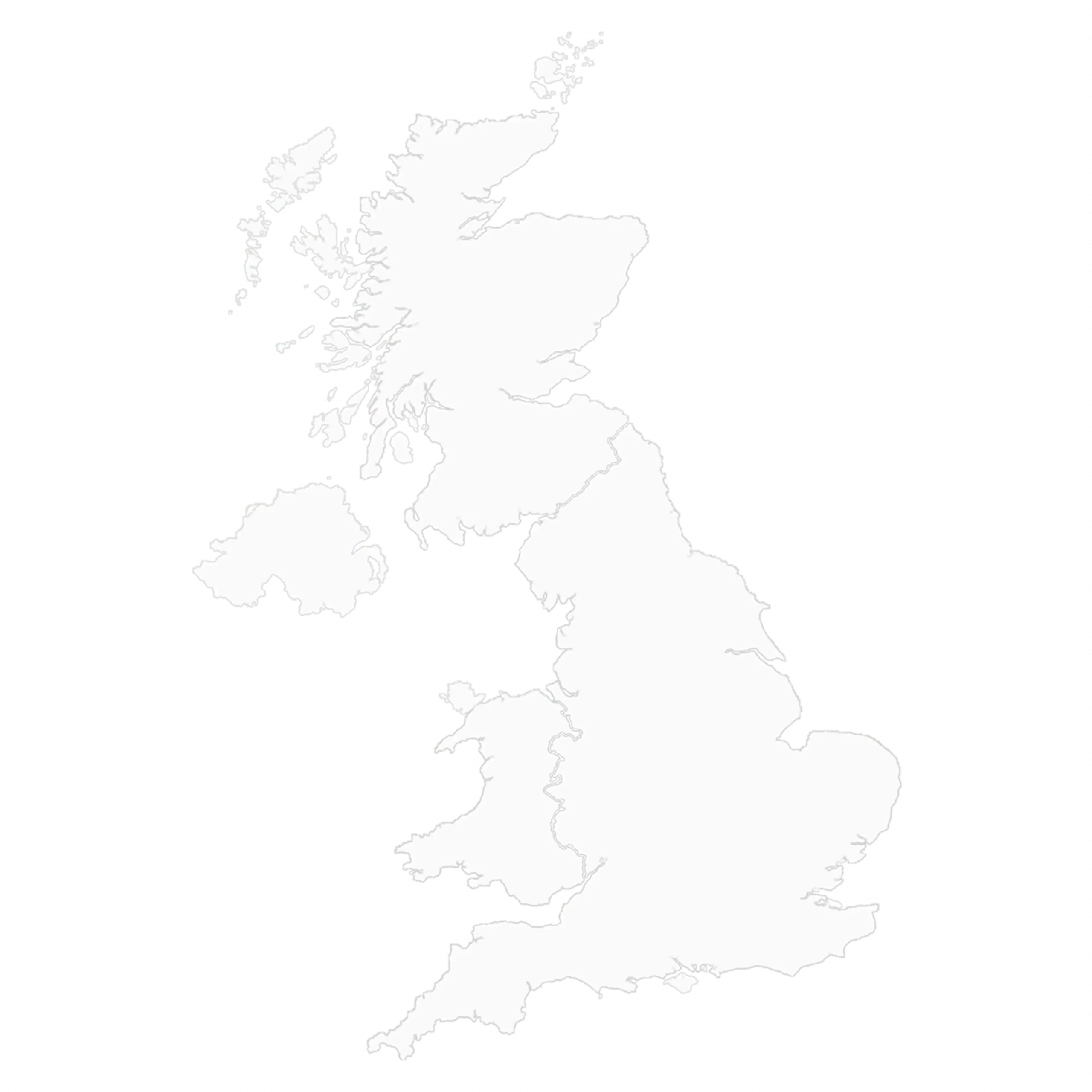






We Offer Customized Solar Energy Solutions
Renewable Energy Solutions
Battery Storage
System

On-site Technical Assistance

Back-Office
Services
Efficiency
85 %
renewable energy solutions provider
Why Should You Go With MAK Energy?
We are specialists in renewable energy solutions and committed to delivering top-notch services to our customers. We are MCS certified, manufacturer-trained, and approved solar company operating in the UK, with a focus on providing high-quality products and services to our customers.
Our commitment to quality is evident through our MCS, IWA, and RECC accreditations. These certifications assure our customers that we have the necessary expertise and experience to provide reliable, safe, and efficient renewable energy solutions.
We are a family run business that takes pride in our work, and we believe in providing our partners with the most accurate, honest, and clear advice at every step of the way. This approach ensures that our customers receive the best solution for their energy needs. Our services include a wide range of renewable energy solutions, from solar panel installation, solar battery storage, solar thermal and so on. We offer solar maintenance services to all our customers.
Efficiency
85 %
renewable energy solutions provider
Why Should You Go With MAK Energy?
We are specialists in renewable energy solutions and committed to delivering top-notch services to our customers. We are MCS certified, manufacturer-trained, and approved solar company operating in the UK, with a focus on providing high-quality products and services to our customers.
Our commitment to quality is evident through our MCS, IWA, and RECC accreditations. These certifications assure our customers that we have the necessary expertise and experience to provide reliable, safe, and efficient renewable energy solutions.
We are a family run business that takes pride in our work, and we believe in providing our partners with the most accurate, honest, and clear advice at every step of the way. This approach ensures that our customers receive the best solution for their energy needs. Our services include a wide range of renewable energy solutions, from solar panel installation, solar battery storage, solar thermal and so on. We offer solar maintenance services to all our customers.
Certificate
Company Accreditations
MAK Energy is a trusted solar company in UK that holds several certifications and accreditations, including MCS, RECC, and IWA. MCS certification confirms that our solar company has expertise in renewable energy installation, the staff of our solar company is technically competent and we use the best equipment during installation. RECC accreditation signifies that we operate in a fair and ethical manner. IWA certification demonstrates our commitment to providing high-quality solar energy solutions that meet international standards.
MAK Energy
Renewable Energy
Renewable energy is the perfect solution to generating power from abundant natural resources. This incredible source of energy is produced by harnessing the power of the sun’s rays, the wind’s force, or the movement of water.
Here are some examples:
- Solar Energy (Energy produces by the sun using PV cells)
- Battery Storage (power backup)
- Solar Thermal
The remarkable green energy technologies mentioned above not only help to preserve our precious environment, but they also offer an effective solution to high energy bills. Through the use of battery storage systems, excess power can be saved for future use.
Solar Panels
Solar Thermal
Examples include:
• Solar water heaters
• Solar air heaters
• Solar pool heaters

250 +
Worldwide Clients
135 +
Successful projects
450 +
Solar Technology
325 +
Unique designs
Testimonials
Clients Say About MAK Energy
Client satisfaction is our top priority. Explore what people are saying about MAK Energy.
I am writing this letter to say a very big thank you to MAK Energy for the kindness and professionalism that they showed me when problems with the Solar Hot Water System my husband and I had fitted in 2002 by another company, which proved to be less than professional and became unsafe.
I cannot state more strongly how much help and support I have received from MAK Energy and how well the work was carried out, or how nice the people doing the job were. They left no mess at all and my home and I were treated with respect.
I would have no reservation about recommending MAK Energy.
Well done and many thanks.
Eva L Beckwith
Rayleigh EssexWe were very satisfied with our Solar P.V. installation by MAK Energy. Everyone involved in the process was courteous and efficient. We were kept informed at every stage during planning and installation.
When we decided to invest in Solar P.V. panels, we wanted a local, dedicated installer, not a double-glazing company that installs panels as a sideline. Because of its locality MAK Energy was ideal for our installation.
We would not hesitate to recommend MAK Energy to anyone thinking about investing in solar power.



